Electric vehicle (EV) owners know the importance of reliable charging infrastructure when planning trips. Booking a hotel with EV charging can provide peace of mind, ensuring you wake up to a fully charged battery. However, not all EV chargers are created equal, and not all hotels properly communicate which type they offer. This evening, while strolling through the "RIVIAN Electric Vehicles Discussion" group on Facebook, I came across a post from Fred Roberts, who learned this lesson the hard way.
"I booked a hotel on Hotels.com because it advertised 'EV Charging,' assuming it would have a J1772 connector like my past experiences with my Model 3. Instead, I found only a Tesla Destination Charger, which my NACS adapter doesn’t support. To avoid this issue in the future, I’ll be buying a Tesla-to-J1772 adapter when I get home," Fred shared.
Fred’s story is not unique, and it highlights a growing issue as more automakers adopt the North American Charging Standard (NACS) while older connectors like J1772 remain widely used. Tesla’s proprietary Destination Chargers have become a staple at hotels, resorts, and restaurants, but they only work with Teslas unless an adapter is used.
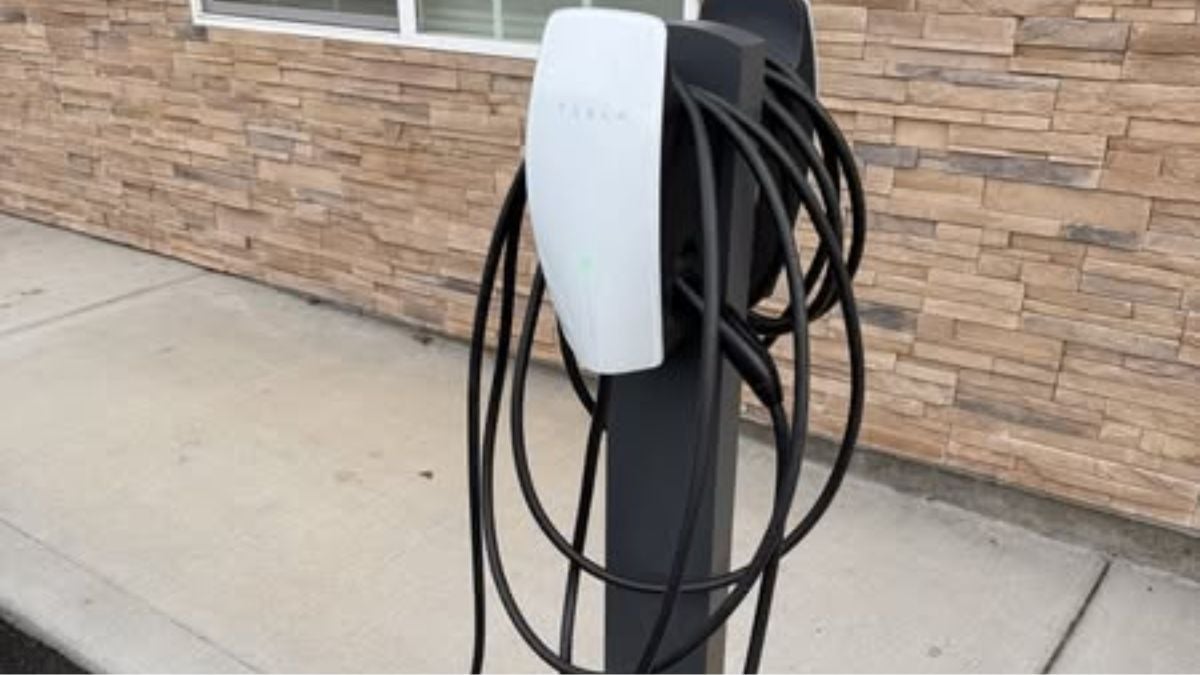
Why This Happens: A Misunderstanding of EV Charging Labels
Many hotels list "EV Charging" as an amenity but fail to specify which type. There are three primary types of Level 2 connectors:
-
J1772: The standard for most non-Tesla EVs in North America.
-
NACS (Tesla Connector): Used by all Tesla vehicles and being adopted by other automakers.
-
Tesla-to-J1772 Adapters: Allow non-Tesla EVs to use Tesla Destination Chargers but must be purchased separately.
For EV drivers like Fred, assuming a hotel will provide J1772 can lead to unexpected challenges. This is especially true for Rivian, Ford, and other non-Tesla owners who do not have a Tesla-specific adapter.
Community Responses: Lessons from Fellow EV Owners
Fred’s experience sparked a discussion in the Facebook group, with several EV owners chiming in with their own insights.
Wes suggested a practical approach: "It's worth checking PlugShare to see what type of charger is available at your destination, how well it works, and whether it's open to the public." Apps like PlugShare, ChargePoint, and A Better Route Planner (ABRP) allow EV drivers to verify charger compatibility before arrival.
Sean added, "You should have one of those anyway. I had two before I took delivery because we also have a Bolt. Tesla Destination Chargers are everywhere and usually the cheapest Level 2 option, with many free first-generation ones still operating." His point highlights the advantage of carrying multiple adapters, especially when traveling.
Randy shared a story about a friend’s struggle to understand adapter requirements: "I have a friend who recently purchased a Ford Mustang Mach-E. I had a spare NACS-to-CCS adapter that I sold her, but I recommended she also purchase a NACS-to-J1772 adapter to keep in the car for road trips in case the hotel only had Tesla Destination Chargers. It took an amazing amount of explaining to help her understand why the single adapter she got from me wasn’t enough for all situations."
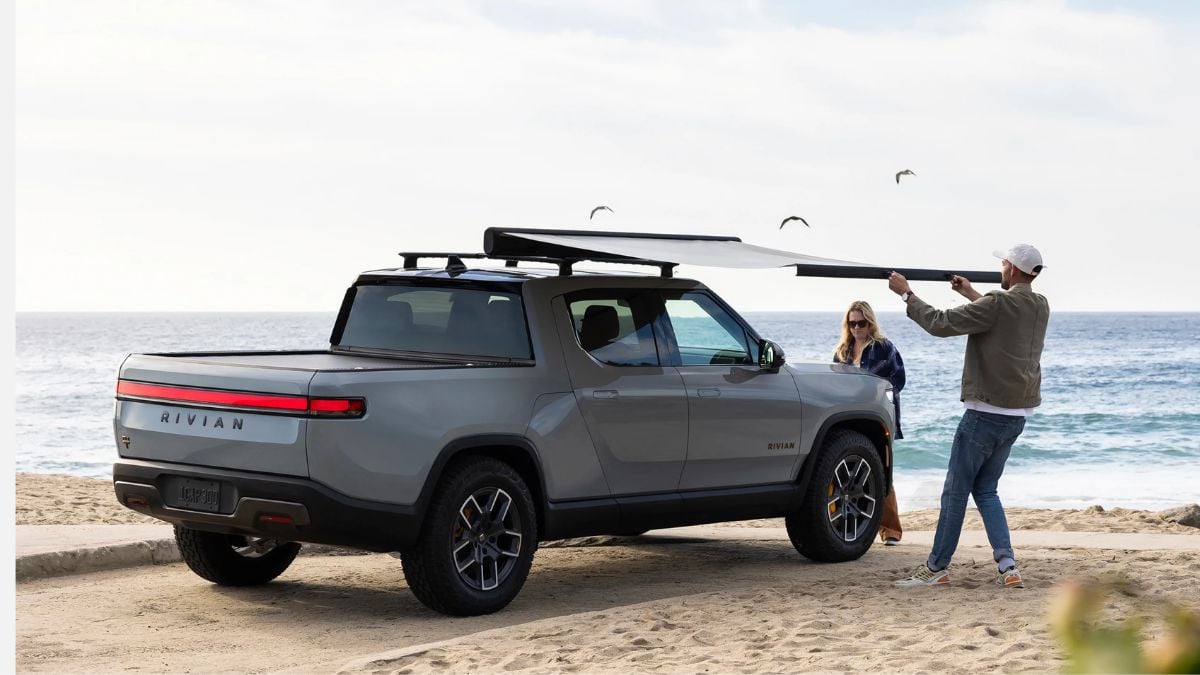
Planning Ahead: Avoiding Charging Frustrations
Fred’s experience and the community’s advice point to one key takeaway, preparation is everything. Here are three steps every EV driver should take before booking a hotel:
-
Use PlugShare or Hotel Websites to Verify Charger Type: Don’t rely solely on a generic "EV Charging" label. Instead, check PlugShare or call the hotel directly to confirm whether they have J1772, Tesla Destination Chargers, or other options.
-
Advertising Carry Essential Adapters: If you drive a non-Tesla EV, invest in a Tesla-to-J1772 adapter. Likewise, if you own a Tesla and anticipate using non-Tesla chargers, keep a J1772-to-Tesla adapter in your trunk.
-
Have a Backup Plan: If a hotel’s charging setup isn’t compatible with your EV, identify nearby public chargers before your trip. Some hotels may also allow guests to use standard 120V outlets for trickle charging in a pinch.
My Thoughts on the Matter
As someone deeply interested in the EV space, I find this issue incredibly frustrating yet entirely avoidable. The lack of clear labeling for EV chargers at hotels is a problem that needs to be addressed, but at the same time, it also falls on EV owners to be prepared. We are still in a transition period where multiple charging standards exist, and that means we need to take extra steps to ensure a smooth travel experience. I believe that hotels and booking platforms like Hotels.com should take more responsibility in specifying exactly what kind of chargers they offer. Simply listing "EV Charging" is not enough when it can mean anything from a standard 120V outlet to a Tesla Destination Charger or a universal J1772 plug. Better transparency would save travelers time, money, and frustration. That being said, I also think EV owners should make it a habit to carry the necessary adapters to avoid situations like Fred's. It may not be ideal, but until we have a more standardized infrastructure, it's the best way to ensure stress-free travel.
The Bigger Picture: Expanding EV Charging Infrastructure
This situation underscores the need for better transparency in EV charging at hotels and other public locations. As more automakers switch to NACS, some hotels will likely transition their infrastructure, but in the meantime, EV drivers must navigate this fragmented landscape.
For Rivian owners specifically, having the right adapters can mean the difference between a smooth trip and a frustrating detour. As one Rivian owner detailed in his 1,300-mile trip using all Tesla chargers, the right equipment can make travel seamless.
Other Rivian owners have shared their experiences:
-
Choosing the best wall charger option and understanding regen can be crucial for optimizing efficiency.
-
Navigating commercial charging on a long-distance trip shows how different networks compare.
-
One driver rolled into a Colorado charging station with 0% battery, emphasizing the need for careful planning.
-
A charging mishap triggered a total malfunction, highlighting the risks of relying too heavily on a single charging option.
-
A Rivian owner’s road trip across the US with Tesla adapters provides valuable insight into seamless long-distance travel.
Conclusion: A Lesson for All EV Owners
Fred’s story is a reminder that as the EV market evolves, early adopters must remain adaptable. Tesla Destination Chargers are a valuable resource, but their proprietary nature means non-Tesla drivers must come prepared.
The moral of the story? Always verify charger compatibility before booking a hotel and carry the right adapters to ensure hassle-free charging. With the right tools, EV travel can be as convenient as stopping at a gas station.
What has been your experience with hotel EV charging? Have you ever run into a similar issue?
Please Let us know in the comments.
Narek Hareyan is a young automotive journalist with experience in a golf cart dealership and an interest in the automotive industry. Follow Narek on X for daily news coverage about cars.
Set as google preferred source


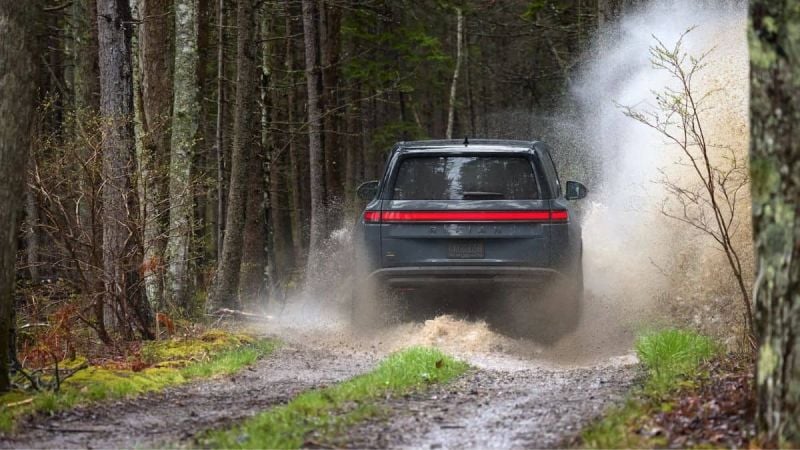




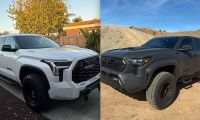
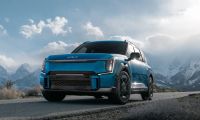
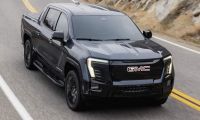
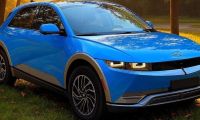
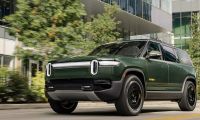
Comments
I guess you people are going…
Permalink
I guess you people are going to have to learn the hard way that Ev's are a total CF.
But trump and musk say EVs…
Permalink
In reply to I guess you people are going… by Boob (not verified)
But trump and musk say EVs are good!
I bet you remember the…
Permalink
In reply to I guess you people are going… by Boob (not verified)
I bet you remember the introduction of the ICE and what a CF that was.
That charger doesn't need an…
Permalink
That charger doesn't need an adapter it's a Tesla universal connector. Press the 2nd button and boom built in j1772 adapter